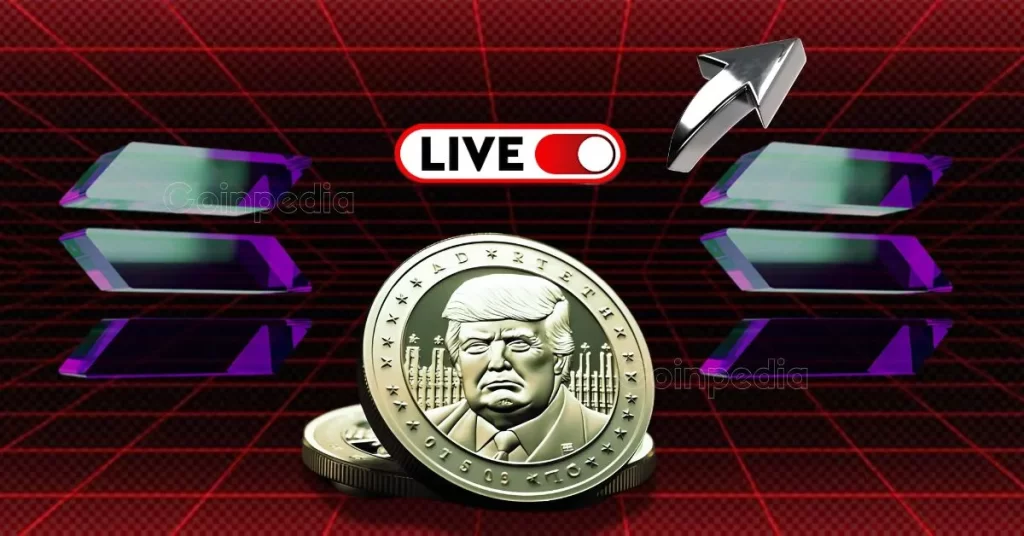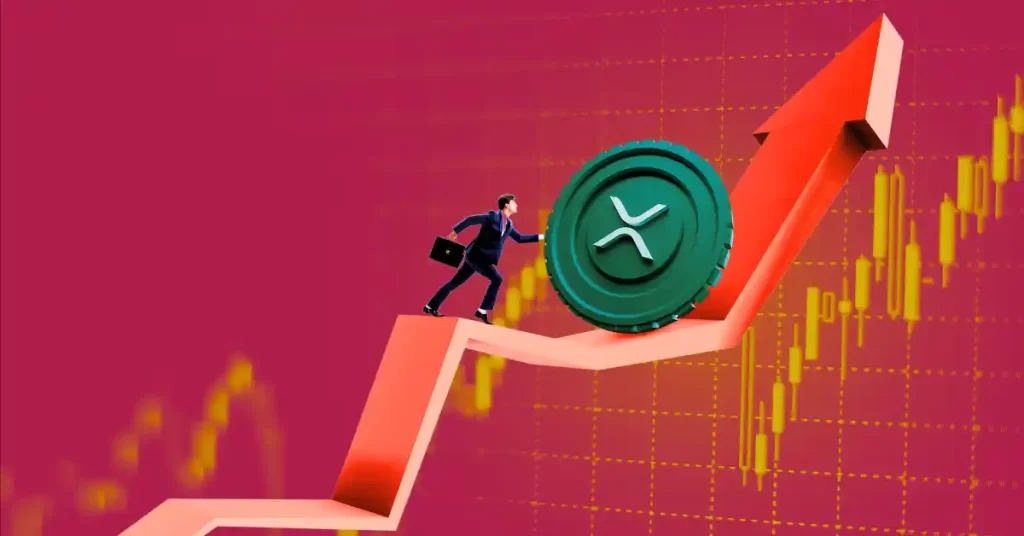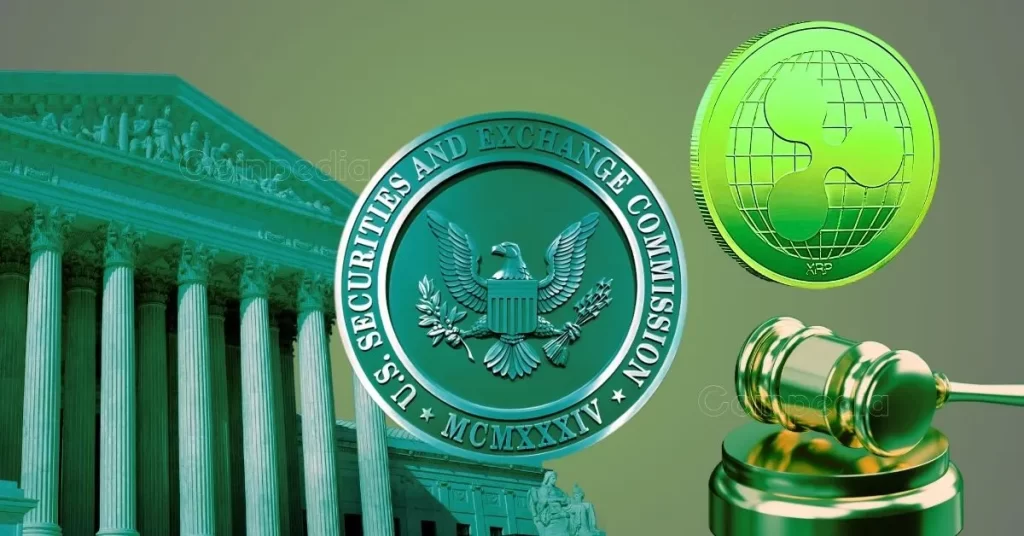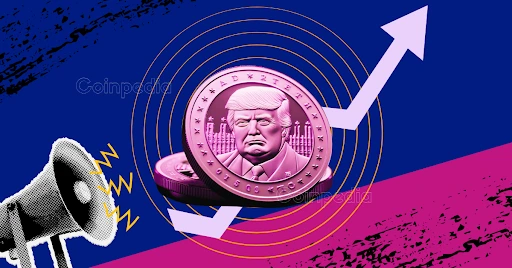Summary Bitcoin suffers from another crypto collapse. Enron liquidator shocked at FTX books. What does the fallout mean for regulation? Let's talk about the Tether audit. In recent cryptocurrency articles, I discussed that institutional confidence in the cryptocurrency market was lost with the collapse of decentralized finance firms. That has only gotten worse with the collapse of the trusted FTX (FTT-USD) exchange. In this article, I will talk about the implications for Bitcoin ( BTC-USD ) and the path ahead. FTX collapse is a huge setback for crypto The swift and stunning collapse of the FTX exchange has far-reaching consequences for the cryptocurrency industry and the contagion may not be over. It was reported this week that FTX had up to 1 million creditors and a former liquidator of Enron said he had " never seen anything like this ". FTX was said to be publishing a list of its top 50 creditors at the end of this week. The problems at FTX started after Coindesk published an article about FTX's crypto hedge fund Alameda Research. The article said: "As of June 30, the company’s assets amounted to $14.6 billion. Its single biggest asset: $3.66 billion of 'unlocked FTT.' The third-largest entry on the assets side of the accounting ledger? A $2.16 billion pile of 'FTT collateral.'There are more FTX tokens among its $8 billion of liabilities: $292 million of 'locked FTT.' (The liabilities are dominated by $7.4 billion of loans)". What followed will go down in crypto infamy. The rival Binance (BNB-USD) exchange, whose CEO Changpeng Zhao had apparently been angered at FTX lobbying against his firm, decided to pull the plug on $500m of FTT holdings. That led to a huge wave of $8 billion in crypto withdrawals from FTX and a Binance takeover offer. That was dependent on due diligence and after one look at the toxic books, Zhao said “The issues are beyond our control or ability to help”. The contagion may not be over after investment bank JP Morgan (JPM) predicted that Bitcoin could drop to $13,000 in the weeks ahead with a "cascade" of margin calls. “We had argued last week that, similar to what we saw after the collapse of TerraUSD last May, the current deleveraging phase that started with the collapse of Alameda Research and FTX is likely to reverberate for at least a few weeks inducing a cascade of margin calls, deleveraging and crypto company/platform failures,” analysts said . Enron liquidator says the FTX books are 'unprecedented' In court filings from FTX, it emerged that the company could have up to 1 million creditors. The contagion continued this week with trading and lending arms linked to the Genesis exchange caught up in the fallout. One of the ironies of this is that Genesis is owned by Digital Currency Group (DCG) which also owns Coindesk- the website that first exposed the FTX balance sheet. Another company caught up in the liquidity problems was BlockFi, which had been the subject of a $400 million bailout by FTX and its CEO, Sam Bankman-Fried, in the summer. A move that saw Forbes laud him as the cryptocurrency equivalent of John Pierpont Morgan in the 1907 stock crash. Four months later and his empire had collapsed with FTX's new CEO and liquidator, John Ray III, who also oversaw the liquidation of Enron, saying "Never in my career have I seen such a complete failure of corporate controls and such a complete absence of trustworthy financial information as occurred here." He added: "From compromised systems integrity and faulty regulatory oversight abroad to the concentration of control in the hands of a very small group of inexperienced, unsophisticated, and potentially compromised individuals, this situation is unprecedented." That last statement highlights the real problem with cryptocurrency projects now. Institutional money will continue to stay away and regulators will step up their efforts to protect investors. According to Ray, “only a fraction” of the FTX assets have been recovered thus far. The liquidators have found around $740 million of cryptocurrency, compared to the $10-$50 billion in liabilities the company noted in bankruptcy filings. The FTX fallout will bring new regulatory scrutiny The collapse of FTX has now seen lawmakers calling for swift regulation on the cryptocurrency sector. A spokesperson for Australia's Treasurer Jim Chalmers said that regulations to further protect investors will be introduced next year, according to AFR. In the U.S. Sen. Sherrod Brown, chairman of the Senate Banking Committee said: "FTX's bankruptcy and the many other recent instances of instability have proved why we need a comprehensive regulatory approach that protects consumers and our economy from the risks of crypto". The problem for Bitcoin and the cryptocurrency sector is that investors have always been expecting regulatory action in the near future. Now they have to deal with the potential financial instability of firms run by "inexperienced, unsophisticated" financiers, and institutional investor trust could be slow to earn. The Securities and Exchange Commission Chair Gary Gensler met with the former CEO of FTX in March of this year. Congress is now questioning the reason for the meeting, which was said to be seeking an SEC-approved crypto exchange. That could've been a big humiliation for the SEC, but it highlights how the regulators have been focused on the wrong area. The SEC has been going after Ripple (XRP-USD), and lately Binance, questioning whether their coin offerings should be classed as securities. Now there will be a lot more scrutiny about what companies are holding on their balance sheet. The long-awaited Tether (USDT-USD) audit could be big The Tether stablecoin could be a problem for the cryptocurrency industry. The project responded to a previous WSJ article saying that it would undergo a full audit. However, that was expected to be "months away" at the end of August and now we have seen the implications of a shaky balance sheet. The WSJ claimed that the stablecoin had not seen an audit since 2017 and that a 0.3% decline in assets would “render it technically insolvent.” Tether is the third-largest cryptocurrency by market cap with $65 billion in tokens underpinning a huge part of the entire industry. A trend emerging from the FTX fallout has been the move to cold storage wallets. Binance's CEO said “self-custody is a fundamental human right” and its Trust Wallet token rallied 150% in six days as investors look to get some of their tokens off exchanges. That was also driven by Elon Musk, who said: “I would reaffirm that, if you have crypto, you should have it in a directly-accessible cold wallet. Not in an exchange”. There is now some added scrutiny over exchanges and stablecoins which adds a further headwind to the cryptocurrency sector. Investors should wait for clarification on the FTX creditor situation. The collapse of one of the most trusted exchanges now exposes the whole sector. Conclusion The so-called cryptocurrency winter has been punishing for Bitcoin and the cryptocurrency sector. The collapse of decentralized finance deposits could have been blamed in part on the sharp rise in central bank interest rates. The latest collapse of FTX is brazen financial mismanagement and has shone a light on the entire sector. I warned subscribers of my weekly newsletter in early October that the weakness under $20k could see a "dump lower" in BTC. That happened with the FTX collapse and we now have further headwinds in the sector that can see Bitcoin heading for support around the $10k level. Sentiment in the sector is at a low and there is potential for further FTX contagion with $9-50 billion still missing for up to 1 million creditors. Regulatory scrutiny will harden and we will also see calls for the likes of Tether to share their balance sheets.


















